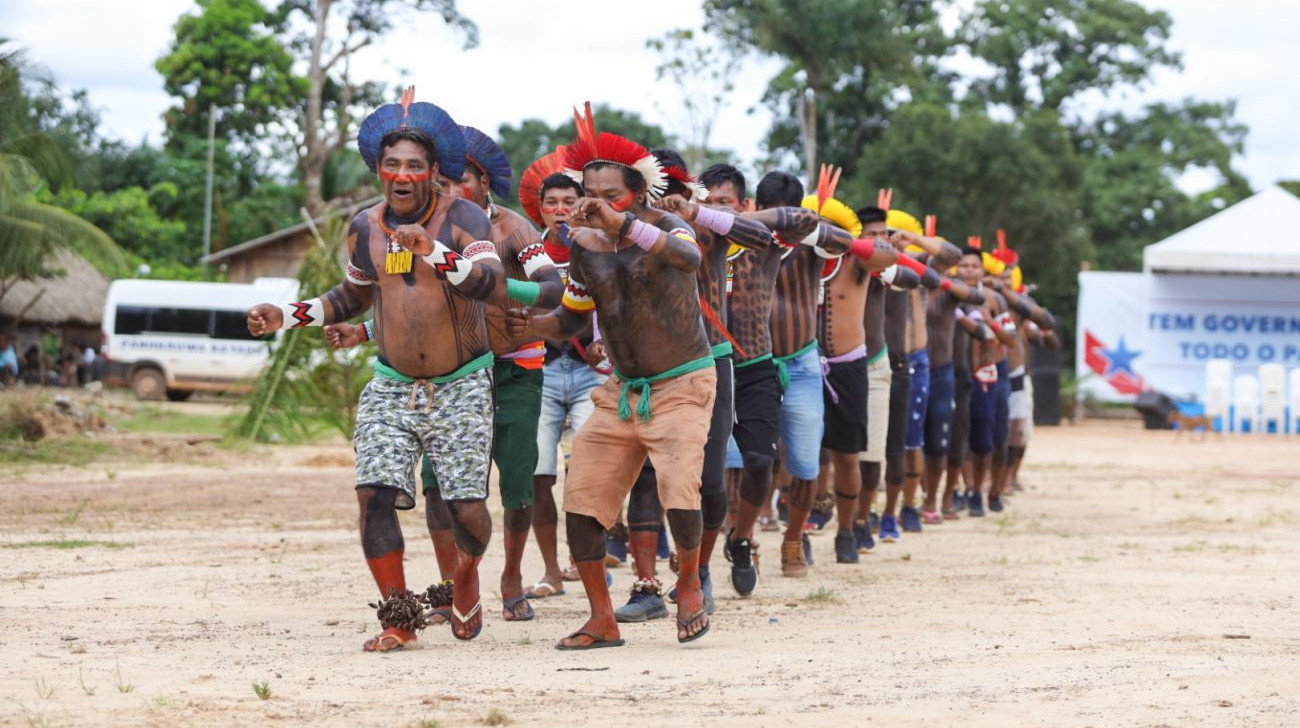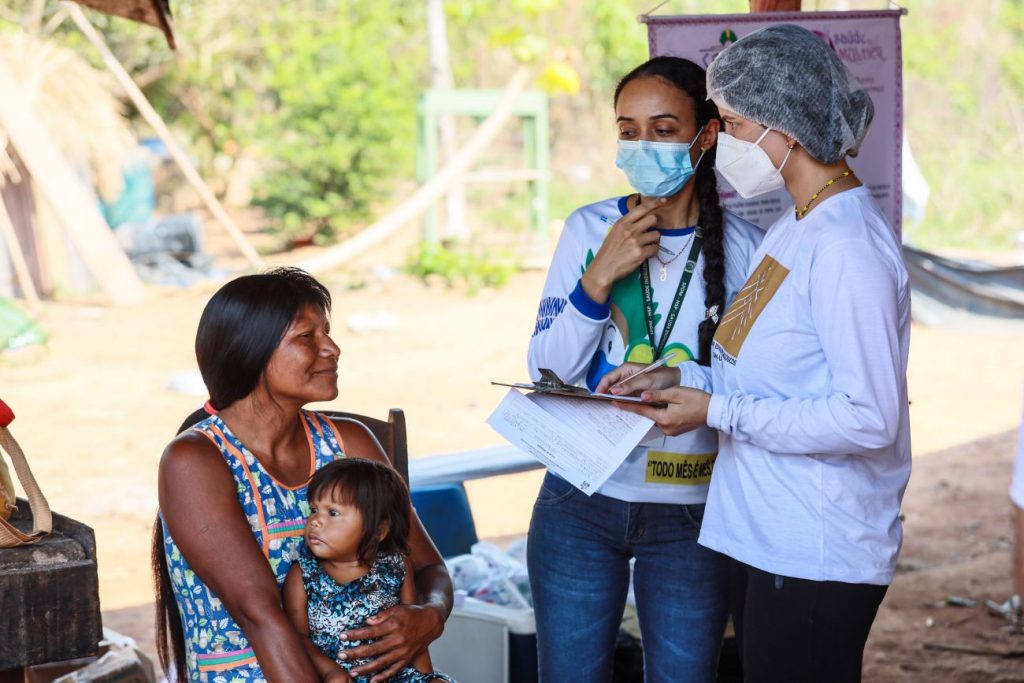MPF demands federal and Pará governments act on tuberculosis crisis in Kayapó Indigenous communities
18 de June de 2025

By Fabyo Cruz – From Cenarium
MANAUS (AM) – The Federal Prosecutor’s Office (MPF) has filed a lawsuit with the Federal Court demanding that the federal government and the state of Pará present, within 15 days, an emergency plan to address tuberculosis among the Kayapó Indigenous people in southern Pará. The motion was filed with the Federal Court in Redenção and is awaiting a ruling. The Office of the Attorney General (AGU) requested a five-day extension to respond, but no judicial decision has been issued so far. The symbolic value of the case was set at R$10,000.
The lawsuit was filed after authorities identified a collapse in the health services provided to Indigenous populations, especially in areas covered by the Kayapó Special Indigenous Sanitary District (DSEI). The MPF pointed out that the authorities’ omission and the disorganization of care flows directly violate the constitutional right to health. The office also recalled that Brazil has committed to eradicating tuberculosis by 2035, in accordance with goals set by the World Health Organization (WHO) and the United Nations’ 2030 Agenda.
The action has two phases. The first, of an emergency nature, requests that the federal government and the state of Pará provide all necessary exams, medications, and supplies to clear the backlog in demand. The second, of a structural nature, calls for the inclusion of the involved municipalities to establish a medium- and long-term plan aimed at eradicating tuberculosis from Kayapó villages.
According to information gathered by the MPF, the Kayapó DSEI has no laboratory resources to diagnose the disease and relies on municipal structures that severely limit access to essential exams such as sputum smear microscopy and X-rays. In some locations, availability is limited to only three to five exams per day—a number considered insufficient to meet the Indigenous population’s needs.
Shortage of materials
Officially recognized in 1991, the Kayapó Indigenous Territory (Kayapó IT) covers more than three million hectares in the Pará municipalities of São Félix do Xingu, Ourilândia do Norte, Cumaru do Norte, and Bannach. The region is home to more than 6,300 Indigenous people from at least four ethnic groups and also includes isolated Indigenous communities from the Rio Fresco area, spread across 67 villages.
Most of the Kayapó villages are located in the municipality of Cumaru do Norte, where, according to the MPF, there is no access to medical testing for the Indigenous population. The shortcomings include the unavailability of lab tests and the complete lack of referrals for more complex procedures, such as mycobacterial culture with sensitivity testing and rapid molecular tests.

In addition to testing issues, the distribution of tuberculosis medications is also flawed. In recent cases, the DSEI had to retrieve medication directly from state health departments, facing delays, logistical missteps, and even incorrect deliveries—such as the misrouting of the 500 mg Pyrazinamide drug, essential for pediatric treatment of the disease.
Disease incidence
The lawsuit notes that the tuberculosis incidence rate among Brazil’s Indigenous populations is ten times higher than the national average. In the country’s North region, the number of cases is twice what the Ministry of Health considers acceptable. The document also emphasizes that Brazil is among the few countries in the Americas with a high burden of tuberculosis and tuberculosis associated with HIV, which worsens the overall epidemiological outlook.
Official statements
Contacted by CENARIUM, the Pará Secretariat of Public Health (Sespa) stated, in a note, that “from January to June 13, 2025, 19 new cases of tuberculosis were confirmed among the Kayapó Indigenous population in the Araguaia region, which does not constitute an alarming situation from an epidemiological standpoint.”
However, to contain the spread of the disease, Sespa stated that “in cooperation with the Special Indigenous Sanitary District (DSEI Kayapó), it is working together with the involved municipalities and other branches of the SUS to ensure care for the affected Indigenous population.”
To this end, the secretariat reported having “dispatched a team that is already engaged in immediate diagnosis and treatment efforts (including Rapid Molecular Testing) in the municipality of Redenção and will subsequently head to Cumaru do Norte.”
Sesma concluded the note by outlining other measures underway: “training of multidisciplinary teams for contact tracing using Tuberculin Skin Testing and clinical tuberculosis management; integration between the Sinan and Siasi information systems; and bilingual health education initiatives that respect Indigenous culture.”
CENARIUM also contacted the Ministry of Health (MS) and the City Hall of Cumaru do Norte. No response had been received as of press time. CENARIUM remains available for comment.

